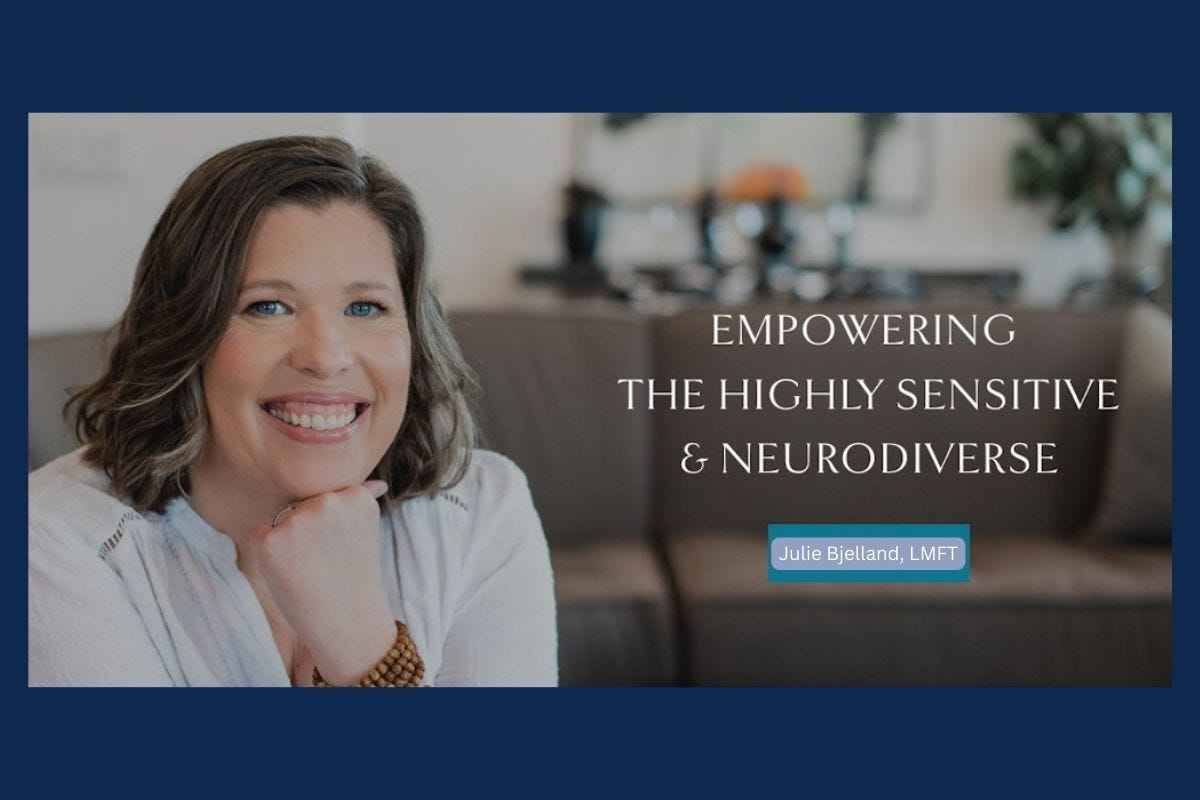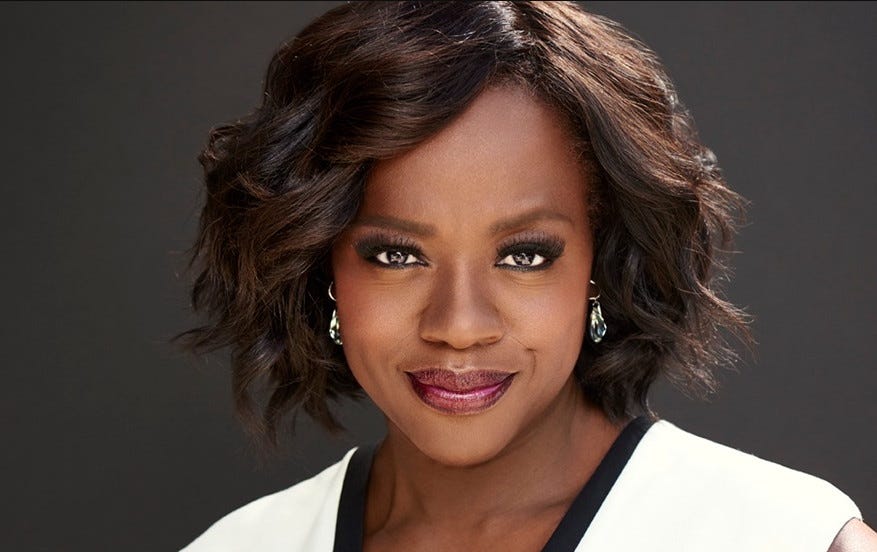"It is hard to change that feeling flawed piece...it's so seeped into your bones." Julie Bjelland, LMFT
“Trauma results in this belief that we are different, that we’re not enough…”Aimie Apigian, MD
“We often see that the pain cycle is ultimately cross wired with some type of underlying core belief such as “I’m not okay, I’m not good enough…" Cathleen King, DPT
“Your own self doubt can cause the disconnection, especially when your inner voice says things like “I’m afraid I will fail,” “people won’t like me,” or “I can’t do this.” Mihaela Ivan Holtz, Psy.D., LMFT
~~~~~~~
A belief that we are different
“Trauma results in this belief that we are different, that we’re not enough, that there’s something about us that pushes people away or that we’re too much for other people."
Trauma healing specialist Aimie Apigian, MD continues: “And so if they were to truly know us – all parts of us – then they would leave us, then they would kick us out, then they would reject us, abandon us.
"And those feelings of being abandoned and being different are so painful that our system responds in a self-protective way…”
Resources by Aimie Apigian, MD, MS, MPH. include:
▶️ TheFoundational Journey: 21 Day Journey + Intro to All Parts of Me, for addressing stored trauma in the body.
▶️ The Essential Sequence - How to Release Stored Trauma - free guide
▶️ Thumbnail image for this video ("Alone in a crowd") is from Attachment Pain: A Roadmap for Healing - free guidebook.
~~~~~
Feeling flawed and the power of self-compassion and self-acceptance.
Julie Bjelland, LMFT, a psychotherapist and author specializing in high sensitivity and neurodiverse people, comments in an episode of her podcast:
"It is hard to change that feeling flawed piece...it's so seeped into your bones because it's your inner child. It's stuff that you learned with a child's brain."
From the original Show Notes: "In this conversation, Julie Bjelland and Willow McIntosh "emphasize the impact of feeling flawed and the power of self-compassion and self-acceptance."
⏩ See video: Feeling flawed as a neurodivergent child or adult - What can change that?
⏩ Hear Creative Mind Audio podcast version.
In an issue of her newsletter, she lists some notions ‘we constantly tell ourselves things such as:
I'll be worthy when I lose 20 pounds.
I'll be worthy if I get/stay sober.
I'll be worthy if everyone thinks I'm a good parent.
I'll be worthy if I can hold my marriage together.
I'll be worthy when I make more money.
I'll be worthy when my parents finally approve.
She lists suggestions of "What we should be saying to ourselves. Pick some of these and try repeating them daily to yourselves:
I love and accept myself as I am.
I know my sensitivity is needed in the world.
I allow myself to honor my needs in a loving way and rest when I need it.
I give myself the care and downtime I need to help stay at my highest level of wellness.
I practice daily self-compassion, knowing it is a part of helping me thrive."
She adds that one of her resources to "deepen your journey of self-love and acceptance" is her Blooming Brilliantly course - see list of Courses for The Sensitive & Neurodivergent.
(Like perhaps many other people, I don’t generally appreciate or use affirmations such as she suggests - but I think they’re worth thinking about, especially in terms of the quality of messages our inner voices may regularly be spouting.)
~~~
The psychology of chronic pain
Cathleen King says "in my experience, and in the research of the psychology of chronic pain, we often see that the pain cycle is ultimately cross wired with some type of underlying core belief such as “I’m not okay, I’m not good enough, I’m unworthy, undeserving, imperfect, unloveable, etc” that has been enmeshed with our core identity."
Cathleen King, DPT, is a "doctor of physical therapy who teaches neuroscience principles, and is a mind-body practitioner.
"The ego will submit to your conscious choice to live with or without pain, and the pain signaling will shift, because the inner threat of ‘not-okayness’ has shifted."
⏩ From post (on her site) How to Overcome Pain: Effective Strategies.
Follow link to see her programs and free resources.
~~~~
"Not good enough."
Viola Davis said “At thirty-eight, things changed. I didn’t jump out of bed one morning and everything was perfect. I’ve always known I was a strong woman, but I wanted ‘fast-food joy’—quick, easy joy. More tools and tricks.
"I also could still fall back into ‘not enough—not pretty enough, not thin enough, not good enough.’
"One day my therapist asked me a pivotal question: ‘What if nothing changes—your looks, your weight, your success—would you be okay?’
“For the first time, I thought, You know what? Yes, I would. I really would.
“This is when I realized that the past was not going to define me."
Courage and Power From Pain - An Interview With Viola Davis by Brené Brown May 9, 2018.
~~~
What takes us out of an emotional authentic space?
Mihaela Ivan Holtz, Psy.D., LMFT of Creative Minds Psychotherapy comments about judgments and perfectionism interfering with our creativity and emotional health.
She writes about being "in the flow, completely at peace with yourself and what you’re doing" and asks, "So, what takes you out of this emotional authentic space?
"It could be a comment you hear or the look in someone’s eyes as they observe something you’re doing. It might be a memory of someone telling you that you “are doing it wrong,” “ruined something,” “keep breaking things.”
And, she adds, “Your own self doubt can cause the disconnection, especially when your inner voice says things like “I’m afraid I will fail,” “people won’t like me,” or “I can’t do this.”
"These are messages of not being “good enough” keeping you stuck in the quest for perfection. The desire to be or do things “perfectly” is a mental space of fear that leaves you caught in anxiety about being wrong, making mistakes, or being flawed."
⏩ From her post (source of the featured image at top) Transform Perfectionism into Emotional Freedom with EMDR: to Connect, Create, and Achieve.
In another article, Dr Holtz writes about body shame:
"At times, your feelings about your body become the obstacles to your creativity.
"You feel filled with the imperfections of a figure full of flaws. Perhaps this is the fallout from the way you were abused, bullied, assaulted, or rejected in the past. Maybe you simply never felt you measured up to societal standards...
"At some point, the impulse to hide your body can interfere with your creative mind...EMDR therapy can heal body shame."
⏩ When Body Shame Blocks Creativity: How EMDR Helps.
~~~~~

















Share this post